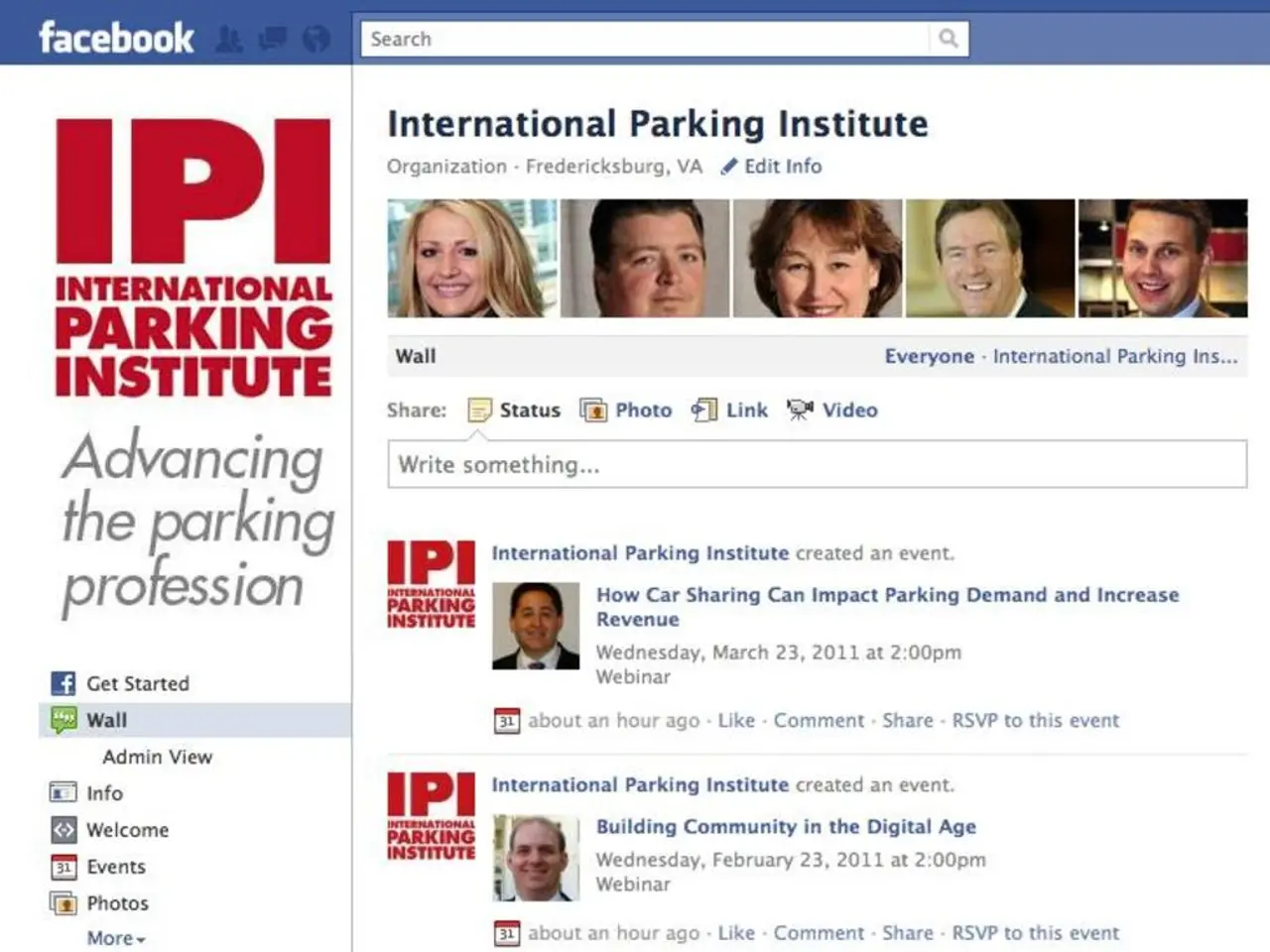Algorithms' Impact on Solitude: An Examination of Their Role in Isolation
In the modern world, technology plays a significant role in our lives, shaping interactions and experiences. This is particularly true for social media platforms and dating apps, which have become integral parts of our daily routines. However, the impact of algorithms on human connection and mental health is complex, with both positive and negative consequences.
On one hand, algorithms can contribute to addictive behaviours and unhealthy habits. AI-powered systems are designed to maximize user engagement by learning preferences and showing emotionally charged or attention-grabbing content. This can lead to excessive use, with problematic use of dating apps being linked to mood and emotional issues, anxiety, compulsive use, and negative impacts on interpersonal relationships.
Social media platforms also promote idealized images and curated content, fuelling social comparison and unrealistic expectations. This can lead to dissatisfaction and negatively impact relationship satisfaction. For instance, increased Instagram usage has been linked to decreased relationship satisfaction and increased conflict. Moreover, AI-generated content, such as flawless, artificial profiles or "people," can distort users' perceptions of relationships and sexuality, potentially contributing to dissatisfaction in real relationships.
However, there is a promising avenue where AI could be leveraged to mitigate these harms and foster more authentic, supportive, and mentally healthy interactions. AI systems could detect unhealthy user behaviours and promote healthier habits, such as suggesting breaks, encouraging real social connections, or delivering uplifting content tailored to the user’s needs. Furthermore, by prioritizing the quality of interactions and fostering deeper conversations, algorithms could enhance meaningful relationships rather than superficial engagement.
Individuals have the power to shape their relationships and experiences with technology. Setting boundaries, such as digital detoxes or limiting screen time, can help reclaim human connection. The depth and quality of relationships matter more than the number of likes, matches, or followers accumulated online. Cultivating authentic connections requires being vulnerable and sharing true selves with others, fostering genuine bonding.
Using technology to find like-minded individuals and communities for in-person meetups can help harness its power for meaningful connections. Dating apps use algorithms to match users based on shared interests and preferences, potentially commodifying relationships. However, by utilising these tools for finding connections rather than replacing human interaction, individuals can foster authentic relationships.
In conclusion, while current algorithms often amplify addictive behaviours and unrealistic relationship ideals that can harm mental health and human connection, there is a potential for AI to transform social media and dating apps into environments that support mental health and authentic connections if designed with the right incentives and ethical frameworks. By being mindful of our technology usage and prioritising authentic connections, we can navigate the digital landscape in a way that enriches rather than diminishes our lives.
- AI-driven systems in health-and-wellness applications can help users monitor their physical health, offering personalized fitness plans and wellness tips, promoting a healthier lifestyle.
- Online educational platforms use algorithms to tailor learning experiences, adapting to each student's learning pace and style, enabling continuous personal growth and education-and-self-development.
- In the realm of entertainment, algorithms recommend movies, music, and books based on individual tastes, offering diverse content for enjoyment and entertainment.
- Social media algorithms can facilitate social connections by suggesting groups, events, or individuals with similar interests, fostering new friendships and community involvement.
- Mental-health platforms may employ algorithms to detect patterns in users' emotional expressions and provide supportive resources, such as self-help articles, guided meditations, or counseling services, contributing to better mental health and overall well-being.




